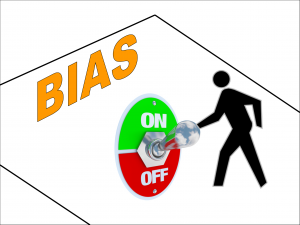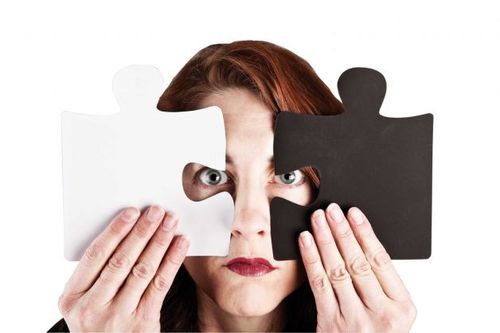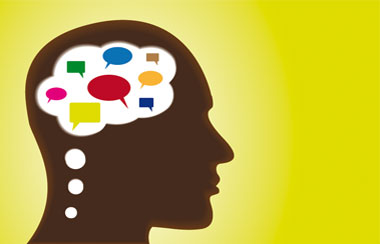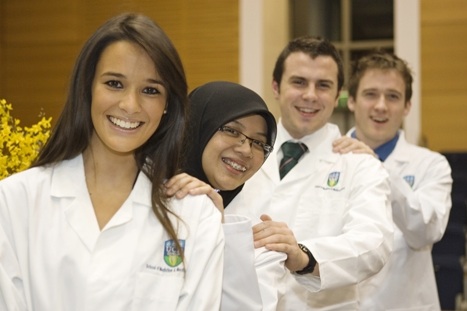All of us have BIAS.
It is a part of human nature.
 Biases are part of our survival — what is safe and what is not safe — developed as
we learn about our environment from the time we are born.
Biases are part of our survival — what is safe and what is not safe — developed as
we learn about our environment from the time we are born.Many of us have been taught that to have bias is a bad thing. We consider having bias the same as discriminating against others, which is something we should try to avoid. The truth is, we cannot avoid having bias, and having bias isnot a bad thing. What we can do is become aware of our bias and account for it in our daily decisions.
We are aware of many of our biases...
Ice cream anyone? Chocolate, Vanilla, Strawberry, or...
Chocolate, Vanilla, Strawberry, or...
Some, we are not so aware of, while they play a significant role in how we encounter our world.
Assumptions.

Patterns of thinking.

Choices in friends, colleagues, business partners, hiring, firing, recognition and so on.

Our unconscious bias can have significant impact on our effectiveness — as a student, as a physician, as faculty, as staff.
We can all improve our awareness of our biases and how they impact our choices daily. Through this understanding, we can improve effectiveness in communication, engagement, innovation, our roles as students, physicians, or staff.

You can begin by reflecting on what biases may be influencing you daily.
One self-assessment that is available on-line is the Harvard Implicit Bias Test.
Most people are surprised by the results of this simple test. The results are useful to increase awareness of unrecognized bias that you may not be aware of and that play a role in choices you make daily.
If you have questions or would like further information about Unconscious Bias, please contact Dr. Kim Peck in the SOM Office of Admissions.

